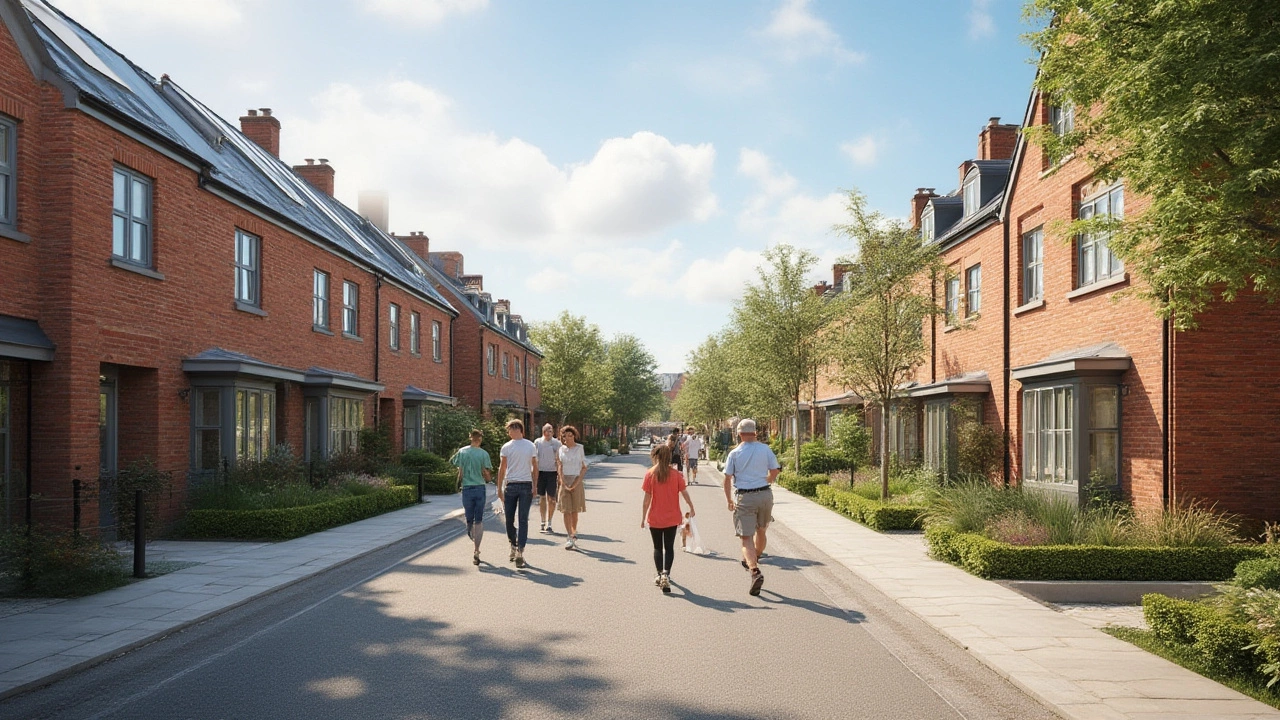Property Buying: Real‑World Tips from Our Top Articles
Thinking about buying a home or an investment property? You’re not alone. The market moves fast, and a solid plan can save you time, money, and headaches. Below you’ll find quick, no‑fluff advice drawn from our most popular posts, all aimed at making your property purchase smoother.
Know the Difference: Commercial vs Residential
One of the first questions you’ll face is whether to go commercial or residential. Commercial projects usually need bigger budgets, stricter regulations, and longer timelines, but they can bring higher rental yields. Residential deals are often simpler, with faster approvals and lower entry costs, making them a good starter option for most buyers. Look at the article “Commercial vs Residential Construction: Which Fits You Best?” for a side‑by‑side breakdown of costs, risks, and typical returns.
Spot the Red Flags Before You Sign
New‑build cracks, foundation problems, and hidden mold are the usual suspects that can turn a dream purchase into a nightmare. Our guide on “New Build Cracks: What’s Normal vs Structural?” explains how to tell a harmless hairline crack from a sign of serious movement. Similarly, the piece on “Can You Live Safely in a House with a Cracked Foundation?” gives you a checklist for assessing structural safety. Running a quick visual inspection and hiring a qualified surveyor can catch many issues early.
Don’t forget the paperwork. Understanding terms like “tier 1 contractor” or “commercial license” can save you from legal surprises later. The articles “Tier 1 Contractor Meaning” and “Commercial License Meaning” break down what those labels mean for your project and who you should be hiring.
When you’re budgeting, remember that not all costs are obvious. Roofing, flooring, and even the type of cement used for foundations can swing your expenses by thousands. Our posts on “Why Is Roof Work So Expensive?” and “Best Flooring for New Builds” walk you through the hidden price drivers and suggest cost‑effective alternatives.
If you’re eyeing an investment, consider the long‑term outlook. The “Commercial vs. Non‑Commercial: Key Differences in Property, Construction, and Contracts” article explains how lease structures and business use affect cash flow and resale value. For first‑time investors, the “Commercial or Residential Construction: Which Fits You Best?” piece helps you match your financial goals with the right property type.
Finally, stay aware of market trends. Knowing which new‑build companies are performing well, as covered in “Which New Build Company Is Best? Honest Insights for 2025,” can guide you toward reputable developers and avoid costly delays.
Bottom line: a successful property purchase blends solid research, realistic budgeting, and a clear understanding of the type of property you want. Use the articles linked above as a roadmap, run your own checks, and don’t rush the decision. With the right prep, you’ll walk into your new property feeling confident and in control.

